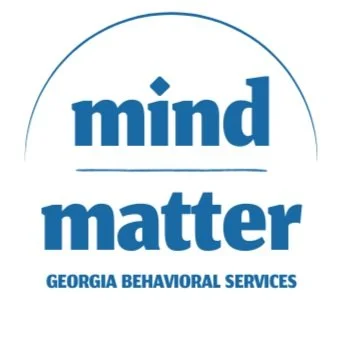
Alcohol and Drug Evaluation – Clinical DUI
Applicable to those who received a DUI in the state of Georgia.
Drivers arrested for DUI are often ordered by a judge to complete an alcohol and drug evaluation, which is performed by a licensed clinical evaluator.
Generally, if you happen to be convicted of DUI, the alcohol and drug evaluation can be a compulsory part of your treatment and/or punishment.
You should discuss with your attorney about the possibility of arranging an alcohol and drug evaluation, as this gives the court and the prosecuting attorney the impression that you are taking full responsibility for your actions.
Virtual Clinical Evaluation
$175
Add $50 if you need it done within 24-48 hours
$225 for Multiple Offender Evaluations
Virtual Evaluations

DUI OR NON-DUI?
A DUI evaluation, also known as a clinical evaluation, is conducted by a clinical evaluator certified by the Georgia Department of Behavioral Health and Developmental Disabilities (DBHDD) DUI Intervention Program. These evaluators are specifically trained to handle DUI cases and must adhere to strict guidelines, complete specialized paperwork, and report evaluations to the state. Since this is a Georgia-specific requirement, individuals charged with a DUI in another state do not need to work with a clinical evaluator certified in Georgia. Additionally, if your DUI charge is reduced to reckless driving, a clinical evaluation is not required.
Non-DUI Alcohol and Drug Evaluation
A non-DUI alcohol and drug evaluation is performed by, or under the supervision of, a Certified Alcohol and Drug Counselor. Unlike a counseling session, this evaluation focuses on determining whether the client has a substance use issue and assessing the level of treatment needed to prevent relapse. Any charge that is not a DUI in Georgia can be addressed through a non-DUI evaluation appointment.
-
Before going to your alcohol and drug evaluation, please note that you will receive your completed evaluation if you are able to produce the following 3 items:
Risk Reduction Certificate
Needs Assessment
Probation Officer’s contact information (fax number)
In many cases, probation officers tell you that you do not need to complete Risk Reduction until after the evaluation, but this is not true. Evaluators want to see that you are being proactive, and want to use this information when making their final recommendations.
With this evaluation, it is imperative that you stay sober, and that you tell the truth. You can only get the help you need if you accept that you have a problem and you want to get better.
-
After completing the alcohol and drug evaluation, the testing counselor assesses all the data gathered, writes a report, and include any of these three labels that best describes you:
Insufficient Evidence
The label means that the test you underwent does not contain sufficient evidence to prove that you have any kind of problem with drug or alcohol. In order to receive this recommendation, you must prove to the CE that you do not have an alcohol dependence. Note that you cannot just lie your way to this recommendation. This is reserved for rare occasions, and it is still possible for you to be ordered to take part in a one-day drug and alcohol program from a court-approved center.Short-term Treatment
This label indicates that you are suffering from drug or alcohol abuse, or a potential for abuse, based on the data gathered during your alcohol and drug evaluation. If you are recommended this type of label, the counselor may recommend that you participate in a number of individual or group counseling sessions, typically between 6 and 12 sessions. This treatment must be conducted by a registered treatment provider.Long-term Treatment
With a recommendation of long-term treatment, the evaluator has determined that you suffer from a substance use disorder, and you may be dangerous to yourself or others when using alcohol or drugs. If you receive this recommendation, you will be required to attend a long-term alcohol and drug treatment program with a court-approved outpatient facility lasting between 4 and 12 months. This type of program may include group and individual discussions with a licensed treatment provider. Attending Alcoholics Anonymous (AA) gatherings many also be mandated as an additional stipulation. -
Choosing the Right Provider for Your Evaluation
If you find yourself in legal trouble, it’s important to know your options. Not all facilities provide evaluations and treatment ethically—some offer the same treatment to everyone, regardless of need. At our center, we conduct thorough assessments and only recommend treatment when it is genuinely necessary.
Before choosing a provider, take the time to research. Read online reviews, verify credentials, and ensure that the provider is registered with the Georgia Department of Behavioral Health and Developmental Disabilities (DBHDD) DUI Intervention Program.
If you have any questions, we’re here to help. contact us today.
Disclaimer: Please note that the following information is only applicable to those who received a DUI in the state of Georgia.


